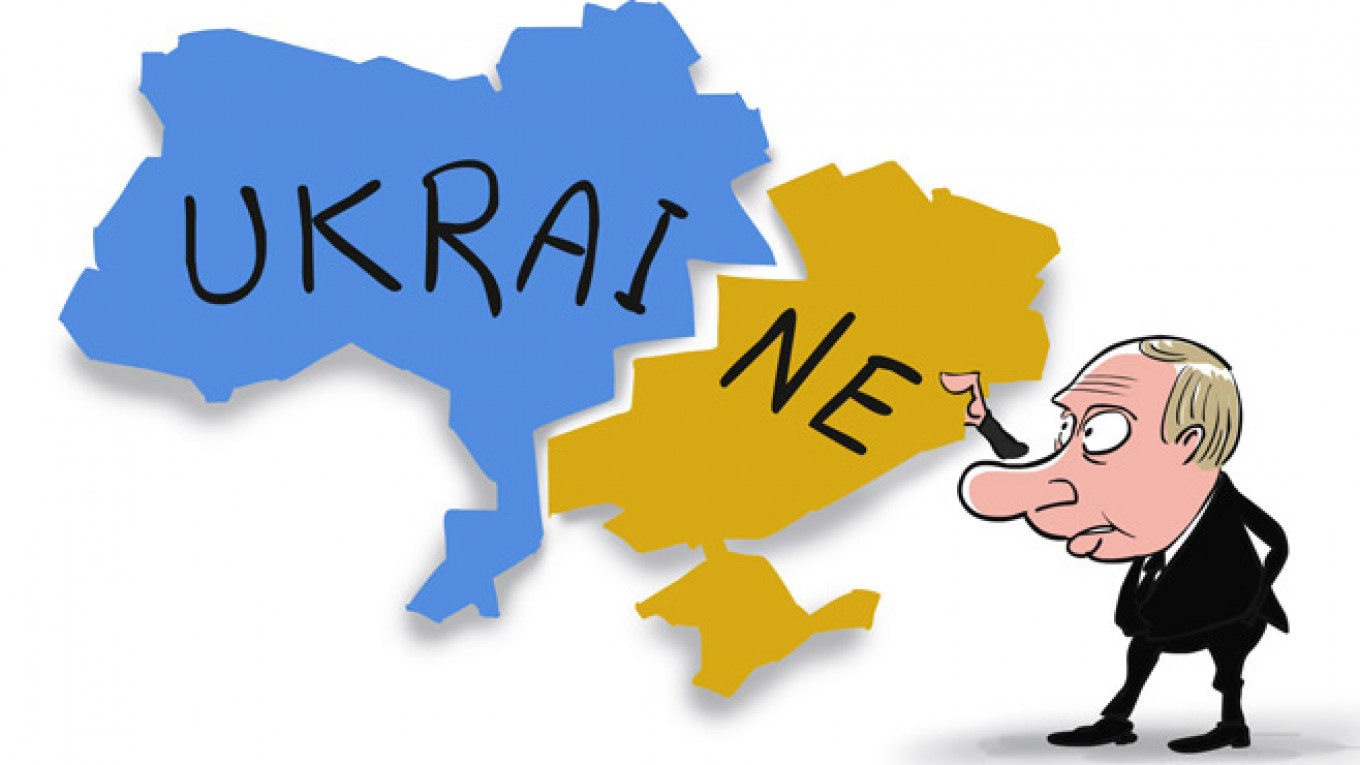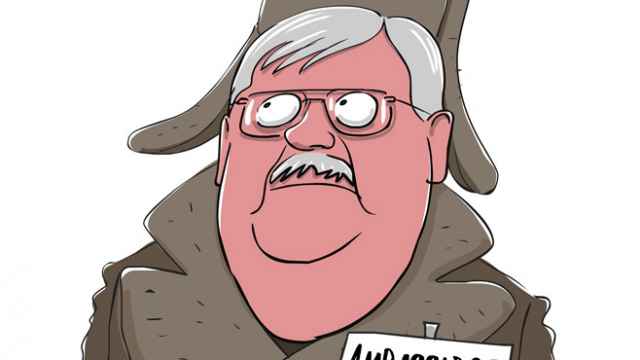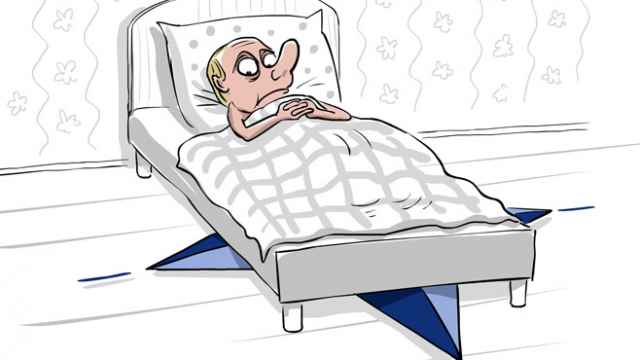In her latest Brookings essay, journalist Chrystia Freeland relates a personal narrative of the last 25 years in Ukraine. It makes for a very interesting read.
One issue that Freeland's essay highlights is how the Kremlin has tried to twist the issue of ethnic and regional divides in Ukraine for its own purposes. This type of effort to manipulate identity has echoes in numerous conflicts around the world.
In the Ukrainian case, Freeland writes about the division between "the mainly Russian-speaking majority in the eastern and southern regions of the country, and the mainly Ukrainian-speaking majority in the west and center."
When I prepared in 1997 for my assignment as ambassador to Ukraine, I read a lot about the east/west divide. A few years earlier, a U.S. National Intelligence Estimate had questioned whether Ukraine might not break up along that line.
As Freeland rightly notes, the division is often oversimplified. It is not so much an ethnic divide. Ukraine's population is only 17 percent ethnically Russian. Putin always mangled this fact, claiming that 17 million Ukrainians were ethnic Russians, which would equate to 37 percent of the population.
While most ethnic Russians live in the eastern part of the country or Crimea, ethnic Ukrainians constituted a majority in the pre-conflict Donetsk and Luhansk regions. With the number of internally displaced persons and refugees estimated at more than 1.5 million, the ethnic breakdown now is less clear. Crimea was the only part of Ukraine where ethnic Russians made up a majority of the population.
The east/west divide holds generally true for language use, but that also oversimplifies the situation. Kharkiv in the east is a Russian-speaking city, but it is surrounded by villages where Ukrainian is the first language used. I found Ukrainians pragmatic in this regard. If they do not speak both Ukrainian and Russian — or Surzhik, a mix of the two — most understand both. Conversations in which one person speaks Ukrainian and the other Russian are not unusual.
During my assignment to Kiev from 1998 to 2000, I made a number of visits to what was regarded as eastern Ukraine. People there tended to speak Russian and wanted good relations with Moscow, but they generally saw themselves as Ukrainians.
The impression of national identity was not nearly as deep in Donetsk or Kharkiv as it was in Lviv, but one could sense it. It struck me as an important point, which ran against the concern raised in the earlier National Intelligence Estimate.
Over the course of the 2000s, the east/west dividing line continued to blur. For example, the results of the 2006 parliamentary elections showed the Party of Regions (an "eastern" party led by former President Victor Yanukovych) making inroads in western and central Ukraine, while Yulia Tymoshenko's bloc (a West-leaning party) scored gains in the east.
A public opinion poll, conducted in April 2014, just as the first separatist actions began in Donetsk and Luhansk, confirmed this blurring of the divide. It showed that, while large numbers of people in Ukraine's east were uncomfortable with how power had changed in Kiev during the Maidan Revolution, a large majority favored remaining part of Ukraine.
To my mind, all this shows the real tragedy of what has happened in Donetsk and Luhansk since March 2014. Left on their own, Ukrainians could have worked out their differences peacefully — or at worst with a fraction of the blood that has been shed the past 15 months. Instead, the Kremlin inspired, provided leadership for and equipped an armed separatist conflict.
Outside of that portion of the Donbass under separatist control, Russia's aggression appears to be erasing the dividing line. It is bringing Ukrainians together.
This was evident already when I visited Kiev in September 2014. One longtime Ukrainian contact told me: "Vladimir Putin has realized the dream of centuries of Ukrainian nationalists. He has forged a strong sense of national identity."
That sense of identity extends across most of Ukraine. When I was in the country this January, I had the opportunity to drive from Dnipropetrovsk (which most would regard as in eastern Ukraine) to Kramatorsk, the field headquarters of the Ukrainian army in northern Donetsk region, about 45 kilometers from the line of contact between Ukrainian and separatist forces.
The most striking thing while passing through towns were the same manifestations of Ukrainian national identity that one could see in Kiev: Ukrainian flags and their blue and yellow colors painted on fences, buildings and road markers.
One unintended consequence of the conflict is this sense of Ukrainian unity. The Russian president may himself recognize what his policies have done. He spoke often in the spring and summer of 2014 about "Novorossia," which Russians envisaged as stretching from Luhansk in the east to Odessa in the west, encompassing as much as 40 percent of Ukraine's territory.
Putin no longer mentions "Novorossia" — most of that territory and its population are now firmly committed to Kiev and the state of Ukraine. Pushed along by the Kremlin's misguided policies, Ukraine's east/west divide continues to erode.
Chrystia Freeland's essay on Ukraine can be read on the Brookings website.
Steven Pifer is a senior fellow at the Brookings Institution and former U.S. ambassador to Ukraine.
A Message from The Moscow Times:
Dear readers,
We are facing unprecedented challenges. Russia's Prosecutor General's Office has designated The Moscow Times as an "undesirable" organization, criminalizing our work and putting our staff at risk of prosecution. This follows our earlier unjust labeling as a "foreign agent."
These actions are direct attempts to silence independent journalism in Russia. The authorities claim our work "discredits the decisions of the Russian leadership." We see things differently: we strive to provide accurate, unbiased reporting on Russia.
We, the journalists of The Moscow Times, refuse to be silenced. But to continue our work, we need your help.
Your support, no matter how small, makes a world of difference. If you can, please support us monthly starting from just $2. It's quick to set up, and every contribution makes a significant impact.
By supporting The Moscow Times, you're defending open, independent journalism in the face of repression. Thank you for standing with us.
Remind me later.








